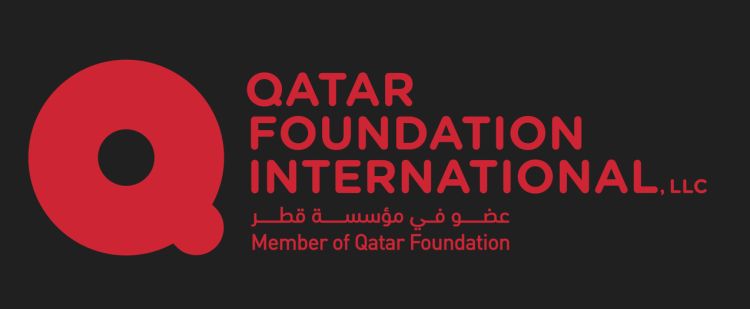Research project
Investigating and responding to teachers’ beliefs of the integration of variation in Arabic school teaching
- Start date: 31 January 2022
- End date: 1 December 2022
- Funder: Qatar Foundation International (QFI)
- Primary investigator: Professor Rasha Soliman
- Co-investigators: Dr Melissa Towler
Value
£9,181
Description
This research aims to investigate the current beliefs that schoolteachers have in relation to the integration of different varieties of Arabic into their teaching.
The data analysis will aim to produce a set of principles to clear misconceptions and guide schoolteachers in how to integrate more variation into their teaching.
A variationist approach to Arabic teaching may seem sensible from communicative and motivational points of view. However, it is still novel and unusual for the majority of Arabic schoolteachers who themselves have learnt languages with a monolingual perception of what they are, how they are used and how they should be taught and learnt.
In order to encourage teachers to have a more open holistic approach to Arabic variation, it is crucial to investigate their attitudes towards and perceptions of Arabic dialects variability.
Methodology
The research aims to answer the following questions:
- What are schoolteachers’ perceptions of Arabic dialectal variation and their use by Arabic speakers as L1?
- What are their views about the need for and the importance of integrating dialectal knowledge in school teaching?
- What are the barriers that deter them from integrating dialectal variation in teaching?
- For the schoolteachers who do integrate variation, what are their perceptions that they can share with other teachers and what challenges they might be facing in order to develop their variationist approach further?
This is qualitative research that aims to gather opinions and perceptions from schoolteachers from different backgrounds and representing different communities in the UK. In order to collect data, the researchers will conduct one-to-one interviews and focus group discussions.
By speaking directly with schoolteachers’, their individual opinions on dialect variation can be voiced, and the reasoning behind their choices understood in greater depth through creating a relaxed environment, which is crucial to answer the proposed research questions (RQs 1-3).
Those who have integrated variation can be given the opportunity share their experiences (RQ4). Focus groups act to compliment the one-to-one interviews and can provide a freer flow of discussion and deeper development of ideas.
Impact
The proposed research aims to thoroughly investigate the barriers behind the lack and hesitance of integrating Arabic variation in school teaching.
It will focus on possible misconceptions that teachers have regarding the sociolinguistic nature of Arabic language use and how to deal with variation when designing school curriculum and lessons. The research aims to provide guidelines and principles that will help current and future Arabic teachers understand language variation from sociolinguistic point of view and enable them to have the confidence and the skills to integrate dialectal awareness and understanding in their teaching.
So far, research that looked at pupils’ learning needs or recent developments in integrating linguistic variation in teaching are not sufficient to make a change into how Arabic is being taught, not until teachers’ perceptions are investigated and responded to.
It is believed by the researchers that through clear principles and guidance, schoolteachers will have more confidence to start teaching Arabic as a global language.
If Arabic teachers are against or unaware of how to incorporate regional linguistic variation into their practice, the teaching of Arabic cannot progress into treating it as a living language in the way it is used by its speakers.


